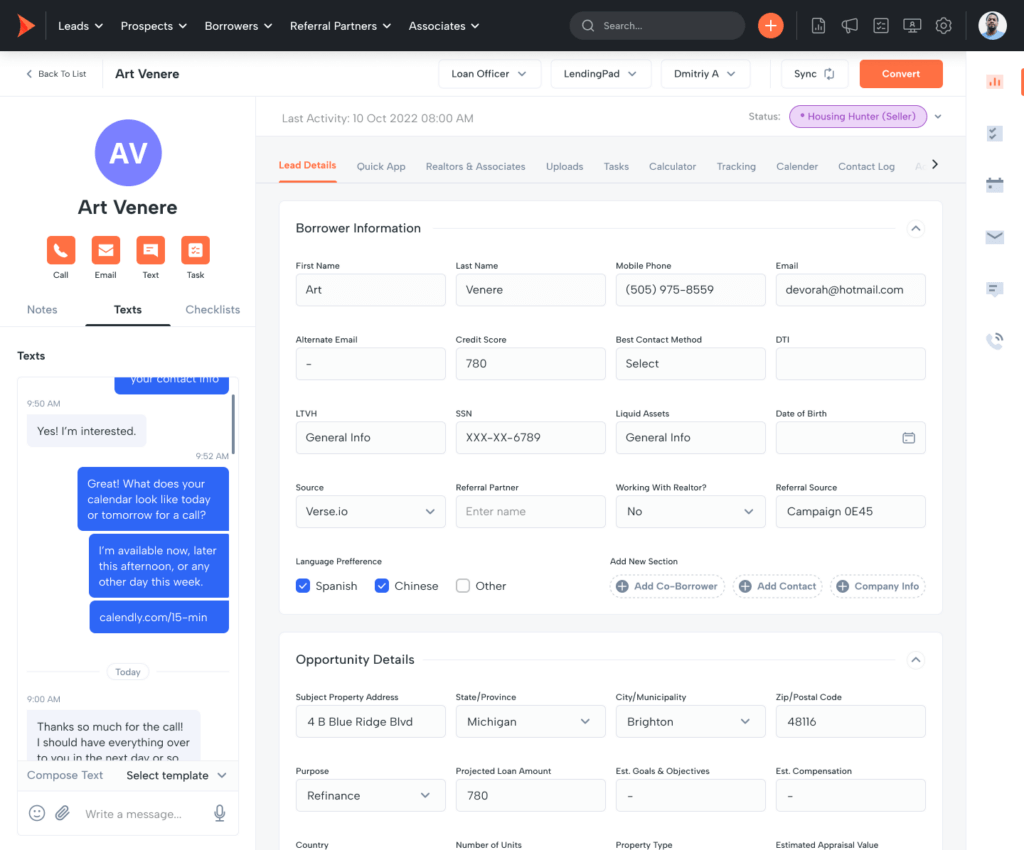Organization
CRMs are incredible for securely storing client data and documents in the cloud. The right CRM will allow you to create more efficient sales and on-boarding processes which means higher conversion rates and increased profits.
- Firms using a CRM saw a 41% revenue increase
- Without a CRM, 79% of client leads fail to convert
Automation
Automating frequent client tasks like getting documents signed or invoices paid means less manual labor, fewer mistakes, and quicker turnaround times.
- CRMs gives businesses a 65% boost in sales quotas
- Leads that are nurtured in the CRM convert 47% more than those not nurtured
Cooperation
The right CRM will help keep your team in sync collaborating on projects that move the needle for your business. With data reporting, task management, and user permissions, you can ensure your employees are servicing clients to the highest possible standards, which can mean more repeat of referral business for you.
- Customer service can improve by 47% with CRM
- Overall, 74% of businesses using CRM report better customer relationships
(1) Statistics from Super Office 2018 CRM study
